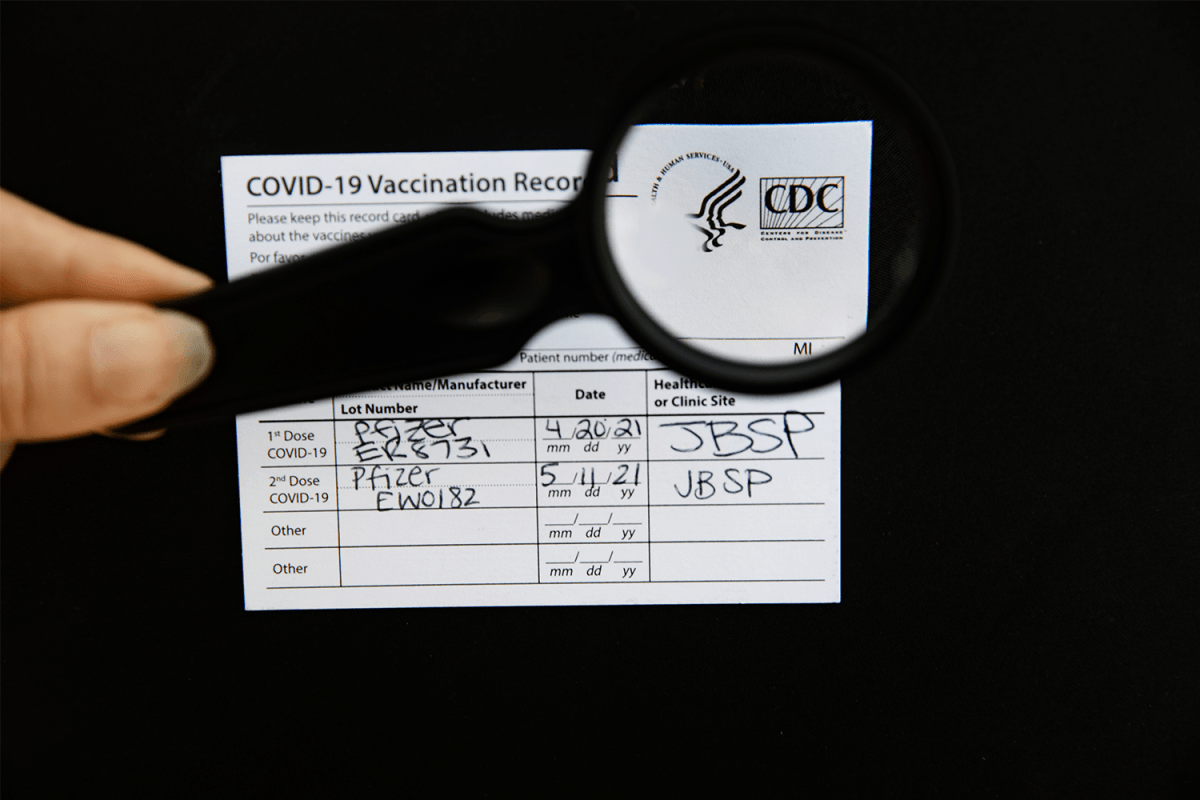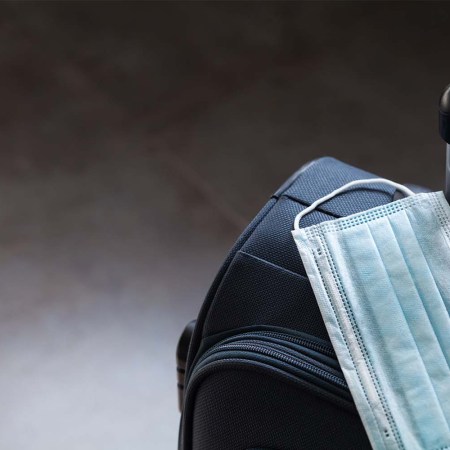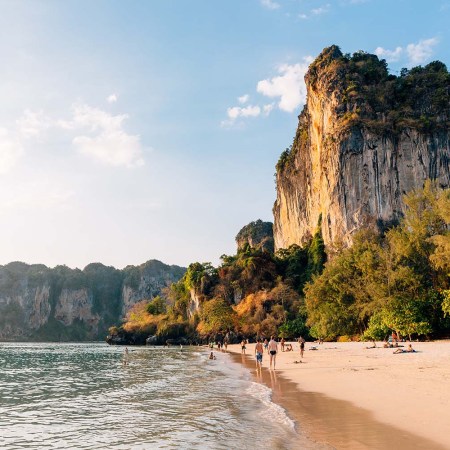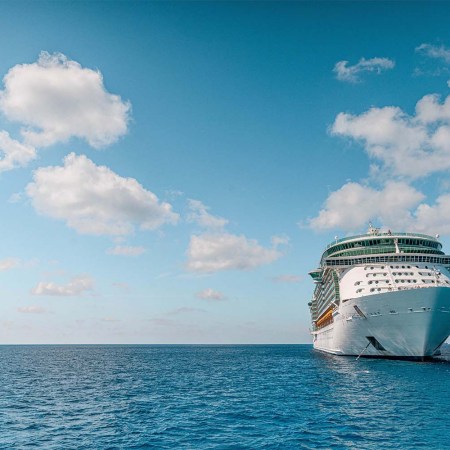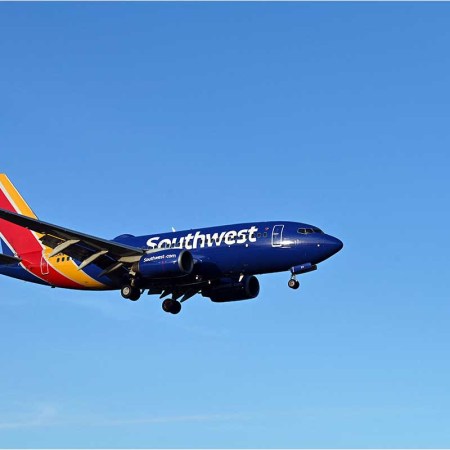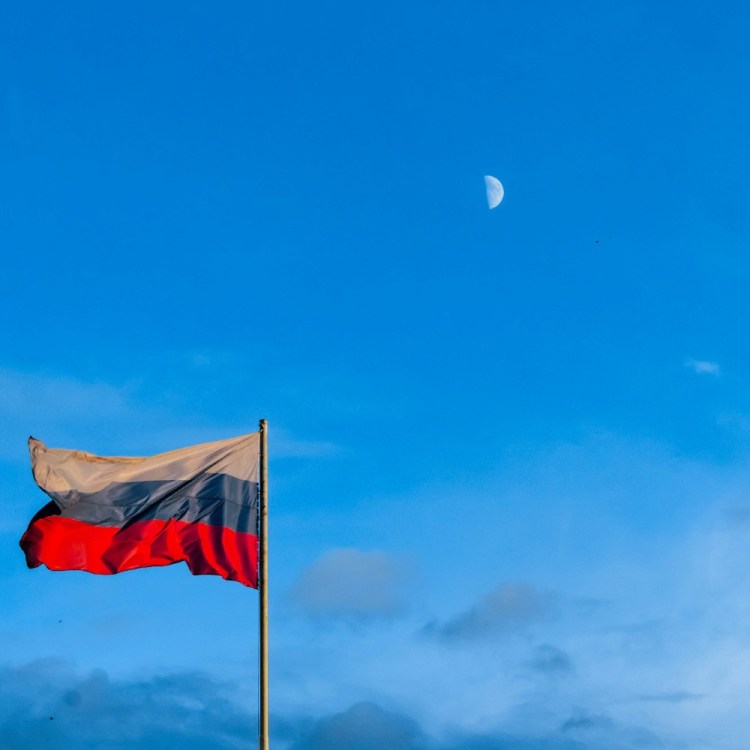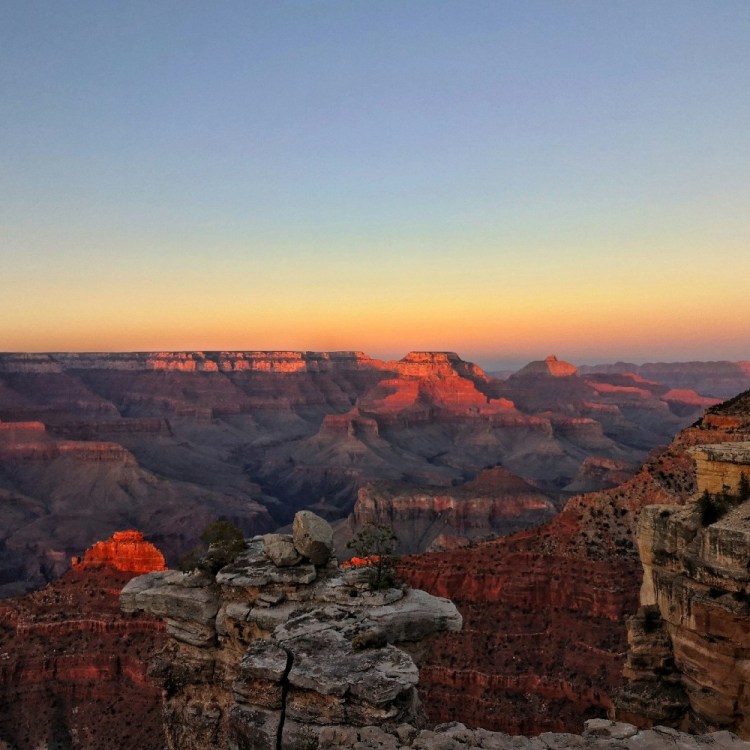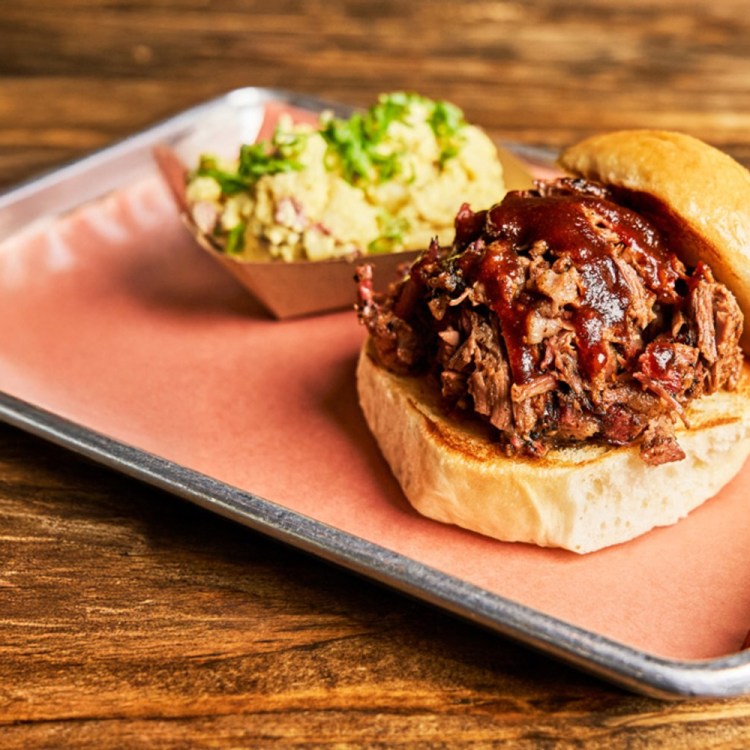Last week, Hawaiian newscaster Tom George tweeted about 24-year-old Chloe Mrozak, who was arrested after allegedly attempting to use a fake vaccine card to enter Hawaii and bypass travel restrictions. According to George, Mrozak made it past screeners on arrival but was apprehended in advance of her return flight after she told investigators she paid for her vaccine at her doctor’s office — the “Maderna” vaccine, her card said, as opposed to the Moderna vaccine, which actually exists. And happens to be free.
Almost immediately, “Maderna” began trending on Twitter, and users started sounding off in George’s replies. While they were, unsurprisingly, a bit of a mixed bag, the prevailing feeling was anger. Some even likened the usage of fake vaccination certificates to terrorism:
Mrozak’s story isn’t unique — neither in general nor specifically related to Hawaii. Back on August 8, father and son Trevor and Norbert Chung were arrested at Daniel K. Inouye International Airport in Honolulu after flying in from California with forged documents. Nine days later, a Florida couple, Enzo and Daniela Dalmazzo, was also arrested in Honolulu for falsifying their vaccination cards after touching down on the island with their two small children.
Forging a vaccination card is not only a federal crime, but it’s also in direct violation of Hawaii’s Safe Travels program, which requires unvaccinated travelers to either provide proof of a negative test result from a “Trusted Testing and Travel Partner” no more than 72 hours before the beginning of their trip, or to quarantine for 10 days. (Vaccinated travelers are currently not required to provide a negative test nor quarantine upon arrival). As far as COVID-related travel restrictions go, the program is really not even that stringent.
Nevertheless, violators are now facing thousands of dollars in fines. In the case of the Dalmazzos, the couple was cited $8,000 for submitting fake vaccination cards for both themselves and their children — both of whom are reportedly under the age of 12. According to court records filed with the Hawaii Attorney General’s office, they also face an additional $5,000 fine and possibly up to a year in prison for breaching the state’s emergency pandemic proclamation.
Many have been quick to point out that Hawaii’s COVID cases are currently at an all time high, leaving little room for this type of conduct. It’s a dilemma that many highly-trafficked tourist destinations are facing: potentially irrevocable damage to their economies versus the threat to residents that COVD poses. Saint Lucia and Puerto Rico, for example, where they’ve imposed comparatively strict travel requirements, were last week added to the CDC’s COVID-19 Level 4: Very High-Risk destinations list.
The most unsettling part of this is that all signs point to it being a global problem. Just last week, officers from the U.S. Customs and Border Protection seized over three thousand fake COVID-19 vaccination cards at cargo freight facilities at the Anchorage airport as they were being shipped from China. Just as many were recovered in Memphis only days earlier.
Thanks for reading InsideHook. Sign up for our daily newsletter and be in the know.
